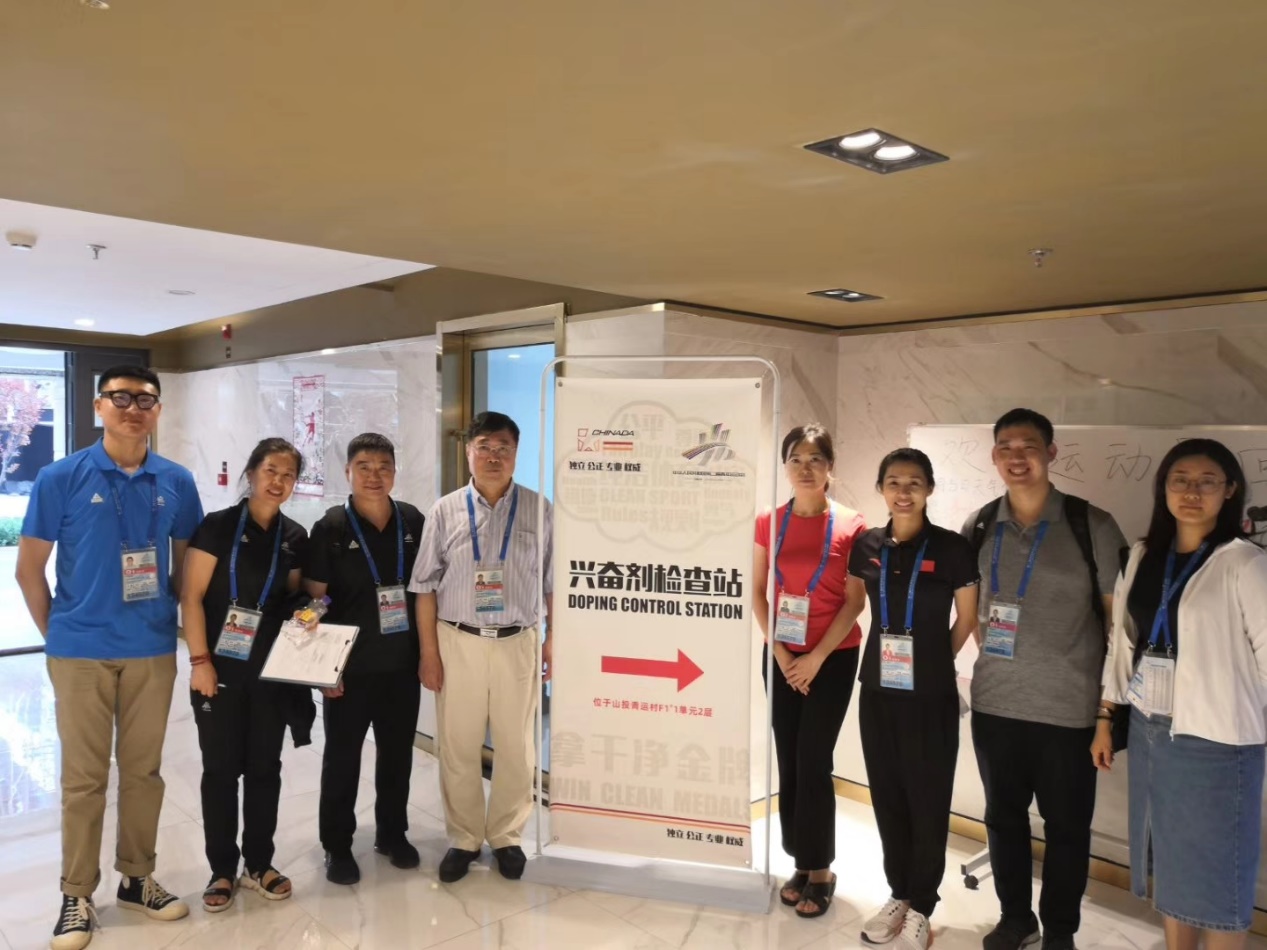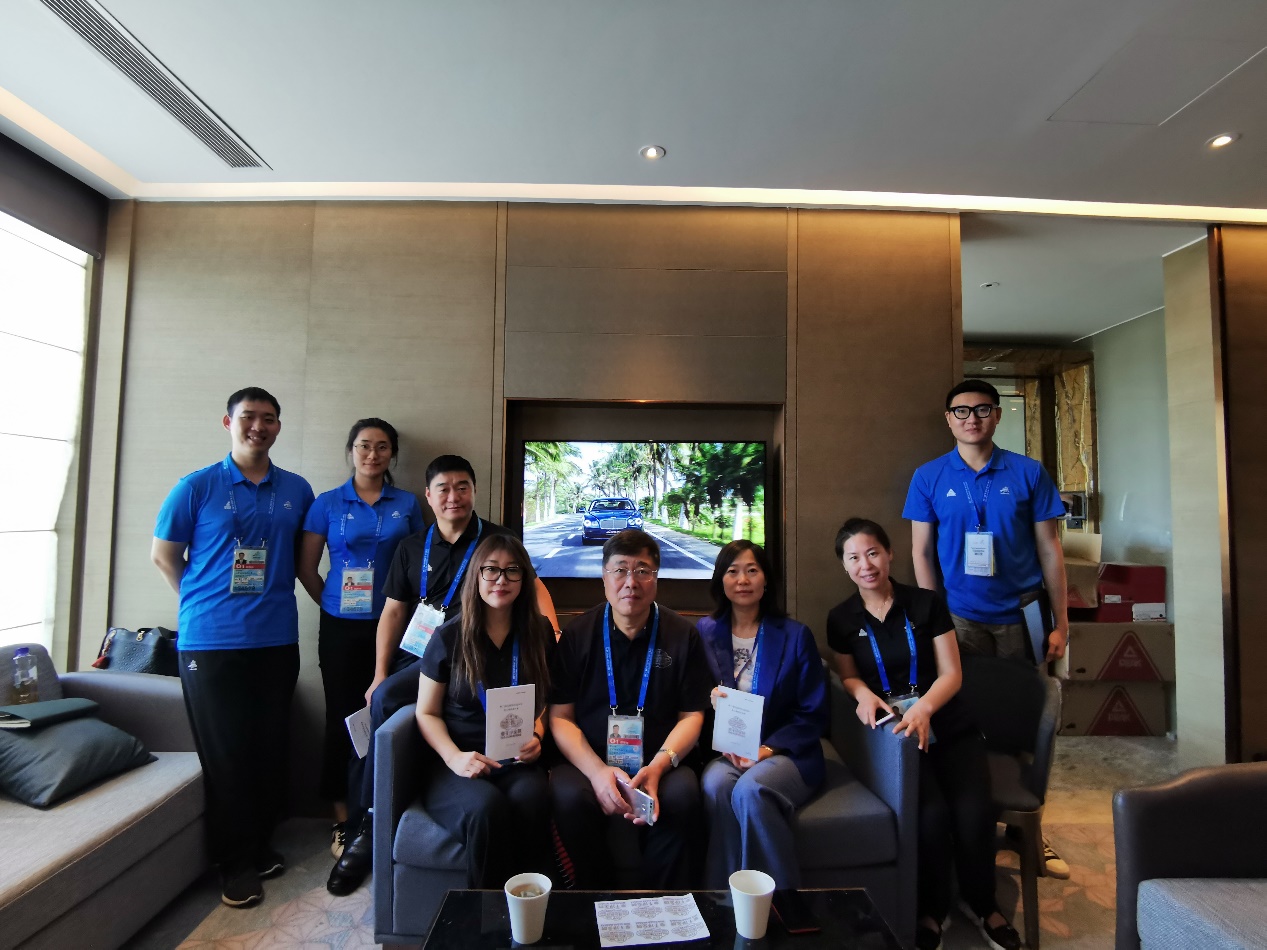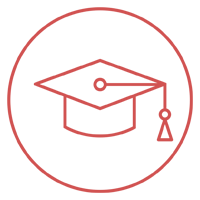CHINADA Launched its First Independent Observer Program in the 2nd National Youth Games of People’s Republic of China
2019-09-04
Li Na, 2000 Sydney Olympic diving champion, is busy playing games and finishing quizzes about anti-doping through mobile phone in the outreach program base of the 2nd National Youth Games of China. She is no longer an athlete, why is she still taking part in the outreach program? Because she has a special identity which is the independent observer of the 2nd National Youth Games of China.

The independent observer (IO) program of the 2nd National Youth Games of China was drawn on the experience of IO programs delivered by the World Anti-Doping Agency (WADA). The IO program was first launched at the 2000 Sydney Olympics. Since then, WADA successfully organized more than 50 IO programs. Based on these successful experiences and combined them with the Chinese Model, China Anti-Doping Agency (CHINADA) introduced this new measure in the major event in China for the first time.
Besides Li Na, there are 5 other IOs in the Games. Based on the principle of specialization and diversification, CHINADA selected 6 external experts with extensive experience in specific fields of expertise and relevant experience in the field of anti-doping to become independent observers for the 2nd National Youth Games of China. They served as observers as testing expert, TUE expert, athlete representative, national team representative, provincial anti-doping agency representative and the 14th National Games organizer representative. This allows the IO team to provide observations from multiple perspectives.
CHINADA makes a specialized guideline for the IO team to guide and assist them in their observation work. The IO team started their work on August 5th ,2019 when the athlete village opened and finished their work after the end of the Games on August 18th, 2019. Every day, the IO team hold daily meeting at 8:30 to summarize and discuss the previous day's observations and confirm their work of the day. After a day of observation, they submit IO Daily Reports. The IO team then summarize comments as feedback and send it to anti-doping command center before 22:00. During the Games, the IO team submitted 44 IO Daily Reports with 278 comments, including 152 highlights, 67 insufficient points and 59 suggestions.
The IO team observed all aspects of the 2nd National Youth Games’ anti-doping program, including:
Anti-doping command center
Anti-doping outreach program
Test distribution planning
Selection of competitors for testing
Notification of doping control
Sample collection procedures
Therapeutic Use Exemption procedures
Sample transfer procedures
Results management
Whistle blower
In addition to observations of doping control work and doping control stations, the IO team interviewed some athletes, station managers, DCOs and command center staffs. This can help them observe the anti-doping work of the Games from different perspective such as youth athletes' views on anti-doping education and doping control, doping control station staffs’ views on anti-doping work in major events. After the Games, the IO team will complete the "IO Report of the 2nd National Youth Games of China".

Yan Qingping, the head of the IO program of the Games and Deputy Director of Operation and Management Dept of CHINADA, said:“The personnel composition of IO team is to build an ‘anti-doping ecosystem’. Athletes are the core of this ecosystem. CHINADA, provincial anti-doping organization, national teams and major events are main part of this ecosystem. With the contribution of all these parts, this ecosystem could be full-coverage and full-cycle. With this long-term anti-doping mechanism, the Great Wall for the protection of clean athletes could be built.”
It’s a big success that China launched the IO program in China major events for the first time. This program integrates WADA's successful experience with the Chinese Model in major events. It can improve the transparency and credibility of anti-doping work and enhance the confidence of athletes and the public in major events in China through internal supervision. The program can not only summarize and provide feedback on the anti-doping work of the 2nd National Youth Games of China, but also enhance China's ability of hosting major events.









